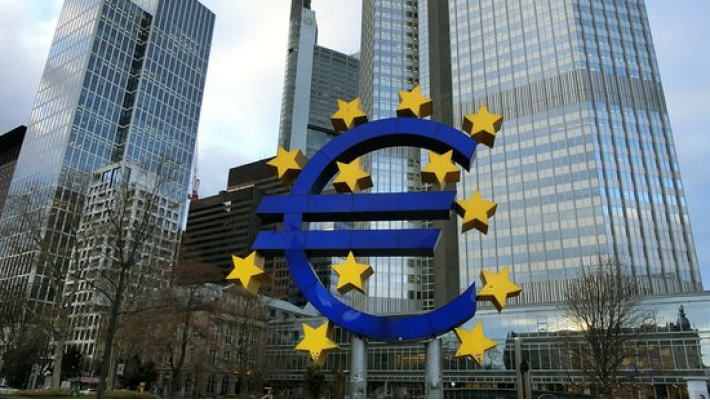Eurozone Retail Sales Suffer Sharpest Drop in Two Years Amid Economic Uncertainty
Retail sales across the eurozone declined at their steepest rate in nearly two years in May, reflecting growing economic concerns and a slowdown in consumer spending. The latest data, released by Eurostat, shows that seasonally adjusted retail sales fell by 0.7% in the eurozone compared to April, while the broader European Union experienced an even sharper monthly drop of 0.8%.
This downturn marks the most significant fall in retail sales since August 2023 and aligns with economists’ expectations, highlighting a trend of weakening consumer activity across the region. Analysts attribute the decline to growing uncertainty over potential U.S. trade tariffs, which has weighed on consumer confidence and prompted households to rein in spending.
The retail sector has been under pressure in recent months, as high interest rates, persistent inflation in some member states, and geopolitical tensions have combined to undermine purchasing power and overall economic optimism. Consumers, already cautious due to recent economic shocks, appear increasingly hesitant to make discretionary purchases, particularly on non-essential goods.
Economists warn that this decline in retail activity could signal broader challenges for the eurozone economy in the second half of the year. While inflation has eased from its peak, wage growth has yet to catch up, and the looming threat of further trade disruptions continues to create an environment of caution.
Retail sales figures are closely watched as a key indicator of household consumption, which accounts for a large share of economic activity. A continued slump could prompt policymakers at the European Central Bank to reassess their stance on interest rates, especially if growth shows further signs of stagnation.
The coming months will be critical in determining whether this is a temporary dip or the beginning of a more prolonged slowdown in European consumer demand.


